The European Union (EU)-China Summit taking place on December 7-8 in Beijing is an opportunity for the two sides to reshape relations.
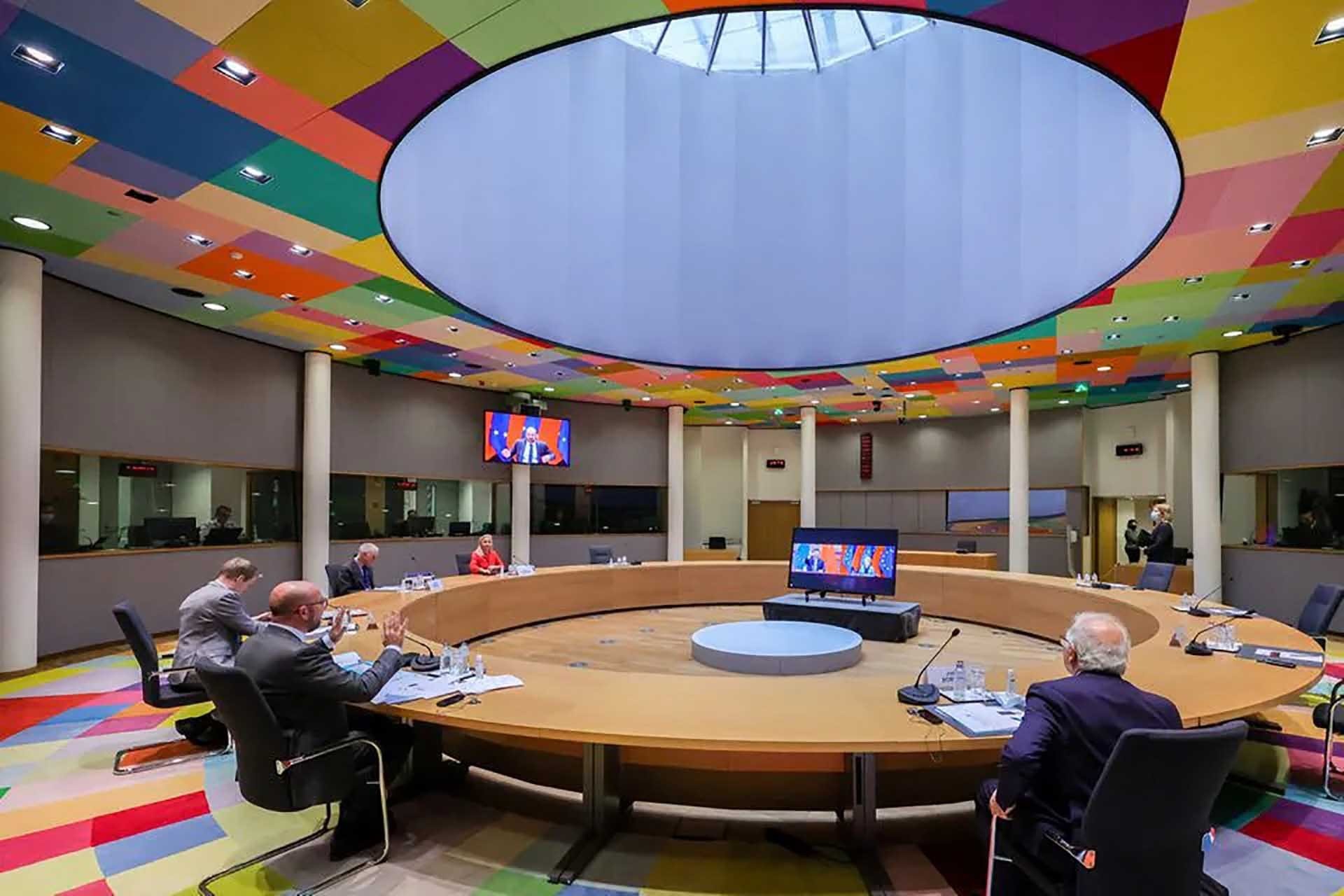 |
| The EU-China summit was held online at the European Council (EC) headquarters in Brussels, Belgium on April 1, 2022. (Source: Reuters) |
This is the first in-person EU-China summit in four years. The last time the two sides held such a meeting was online in April 2022, two months after the Russia-Ukraine conflict broke out. So it is no wonder that this issue, along with the Covid-19 pandemic, dominated the meeting. Will things be different this time?
High expectations…
For China, the answer is “Yes”. On December 5, the China Daily newspaper commented that this event took place on the occasion of the 20th anniversary of the establishment of the China-EU Comprehensive Strategic Partnership and the 25th anniversary of the establishment of the China-EU Summit mechanism. The newspaper quoted the host country’s Foreign Minister Wang Yi as considering this an opportunity for the leaders of both sides to “chart the road, sketch the blueprint” for the relationship and “promote trust”, creating new momentum for cooperation.
The article emphasized that cooperation, especially in the field of trade, continues to play an important role for both sides, with trade turnover in 2022 at 874.3 billion USD, growing by 2.2%, despite fluctuations in the world situation.
While acknowledging that the differences between the Asian and European powers, especially in terms of worldviews, are “not easy to erase,” China Daily said that the two sides need to maintain cooperation, not only in the field of trade, but also in dealing with global challenges, such as climate change. Beijing asserted that “reducing risks” does not mean “reducing cooperation.” At that time, the upcoming summit is an opportunity for both sides to “control the damage” and shape the “nature of China-EU relations” in the near future.
Scholar Pierre Picquart, Director of the International Center for China Studies (ICCDS), believes that the concept of “risk reduction” proposed by European Council (EC) President Ursula von der Leyen can be viewed in a “more subtle and positive” way. Accordingly, both sides need to develop a viewpoint and stance that takes into account both opportunities and risks, thereby controlling the situation more effectively.
Meanwhile, the Global Times published an article by Martin Jacques, visiting professor and senior expert at the China Institute, Fudan University (China) about the Beijing Summit. Accordingly, in the current difficult context, Europe needs a closer relationship with China more than ever and is actively pursuing it. The fact that former Prime Minister David Cameron became British Foreign Secretary is a “strong indication” of the efforts of London in particular and Europe in general.
The article argues that Germany remains the “locomotive” in Europe in terms of cooperation with China, with businesses shaping economic policy. Support for Huawei’s 5G and opposition to tariffs on imported Chinese cars clearly demonstrate this close relationship. In the long term, the relationship between Europe and the US, despite some differences in views and interests, will continue to deepen. However, in the medium and long term, the EU needs to build good relations with China to create momentum to overcome difficulties, from stagnant growth to the rise of the far right.
… Not a little cautious
However, there is still a lot of caution surrounding the outcome of the upcoming summit. Writing in AsiaTimes , Alicia Garcia Herrero, chief economist of Natixis Bank (France) in Asia-Pacific and expert at Bruegel (Belgium) research organization, said that the outcome of the EU-China Summit may not meet expectations for the following reasons.
Firstly , in the context of the Asian power facing certain difficulties in market consumption and investment, maintaining a trade surplus with partners, including the EU, plays an important role in promoting growth.
Second , Beijing believes that the US-China summit on the sidelines of the Asia-Pacific Economic Cooperation (APEC) Summit in San Francisco was a success in “stabilizing relations with Washington.” This means that China may make fewer concessions on market access to the EU, which will not provide the necessary impetus for relations at the upcoming summit.
European leaders are likely to “raise a range of issues, from Russia’s military actions in Ukraine to trade with China,” Reuters reported. The EU is expected to focus on Beijing’s relations with Moscow and Pyongyang, its $431.7 billion trade deficit, market access, and cooperation on climate change and biodiversity.
China could raise concerns about Europe’s efforts to launch an anti-dumping investigation into electric vehicles from the Asian country, as well as the EU’s “de-risking” efforts to reduce its dependence on Chinese goods.
An EU official said the two sides would not issue a joint statement or announce any “special outcomes” from the first in-person summit since 2019.
In that context, the upcoming Summit could be an opportunity for the two sides to reshape their relationship after countless "storms", or at least find solutions to the issues that have remained different in the past.
Source




![[Photo] Visiting Cu Chi Tunnels - a heroic underground feat](https://vstatic.vietnam.vn/vietnam/resource/IMAGE/2025/4/8/06cb489403514b878768dd7262daba0b)













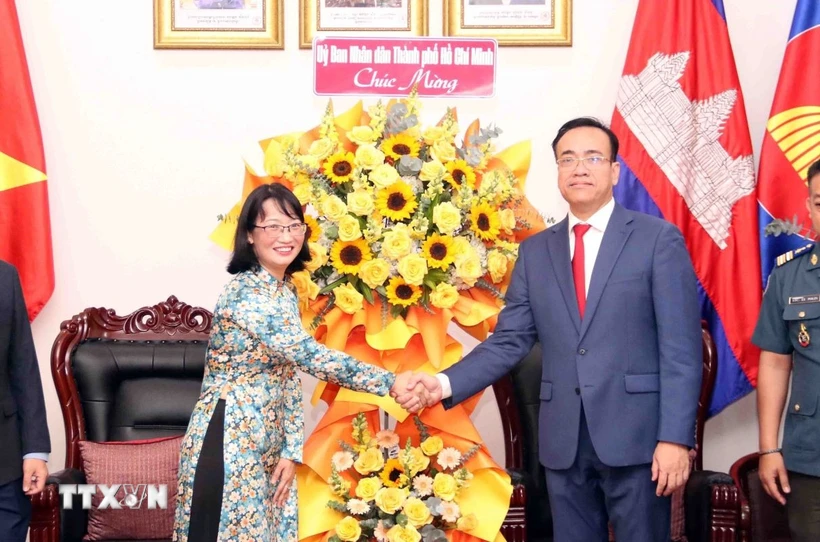

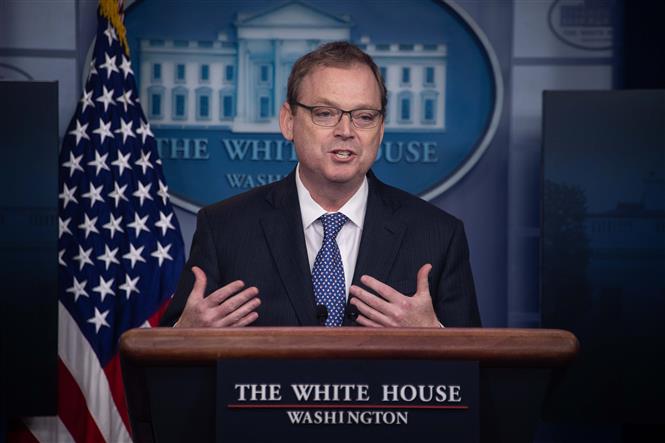
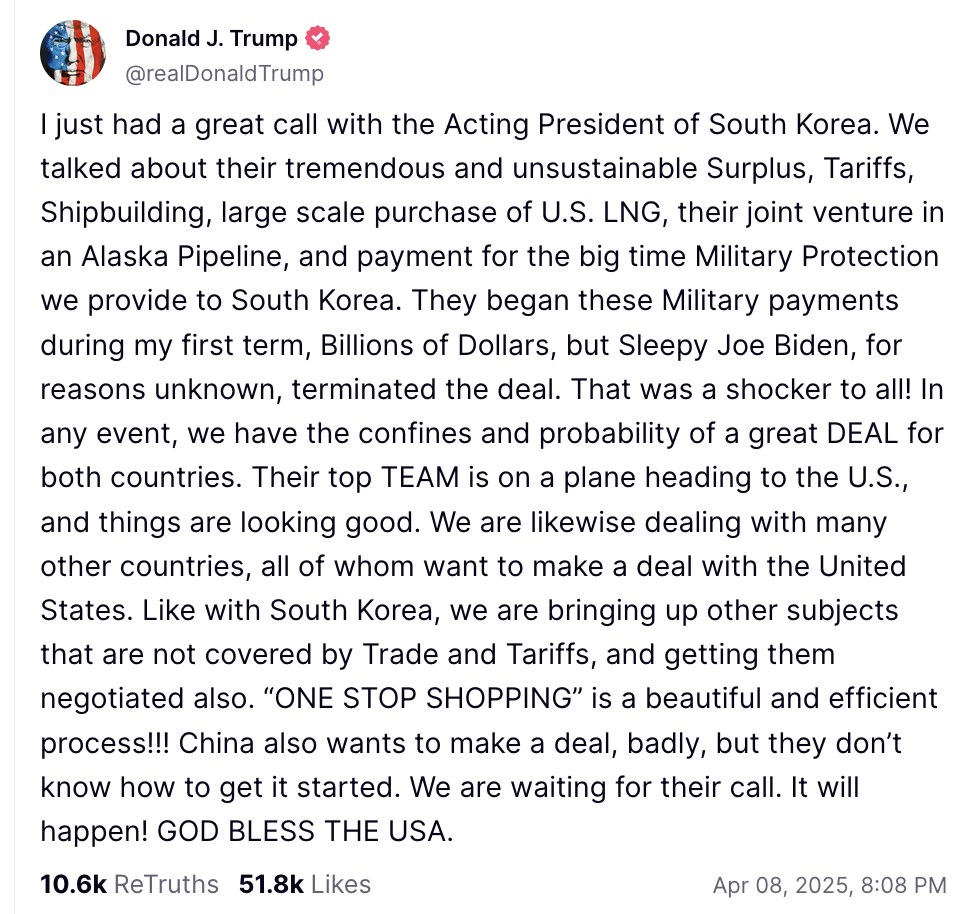
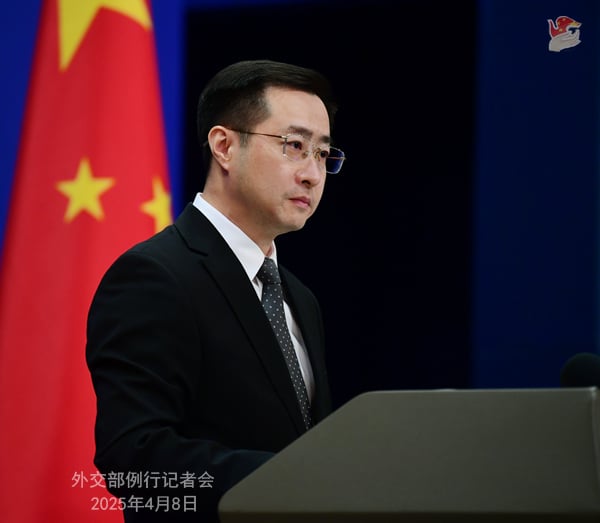




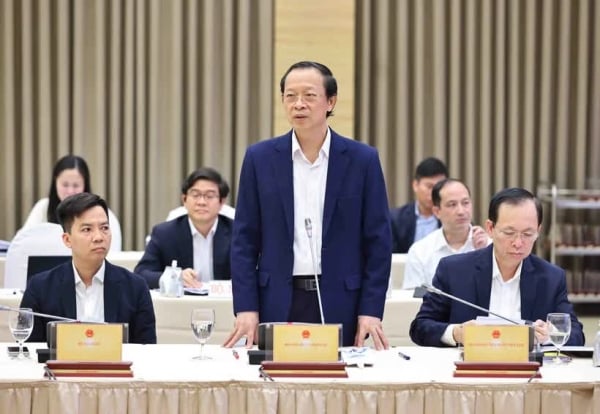















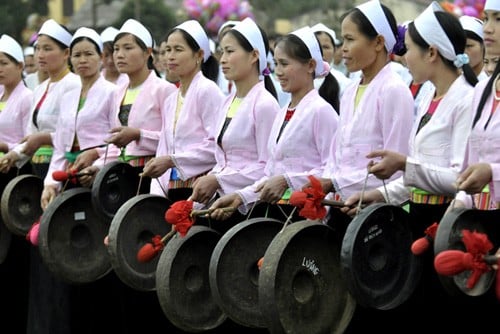





















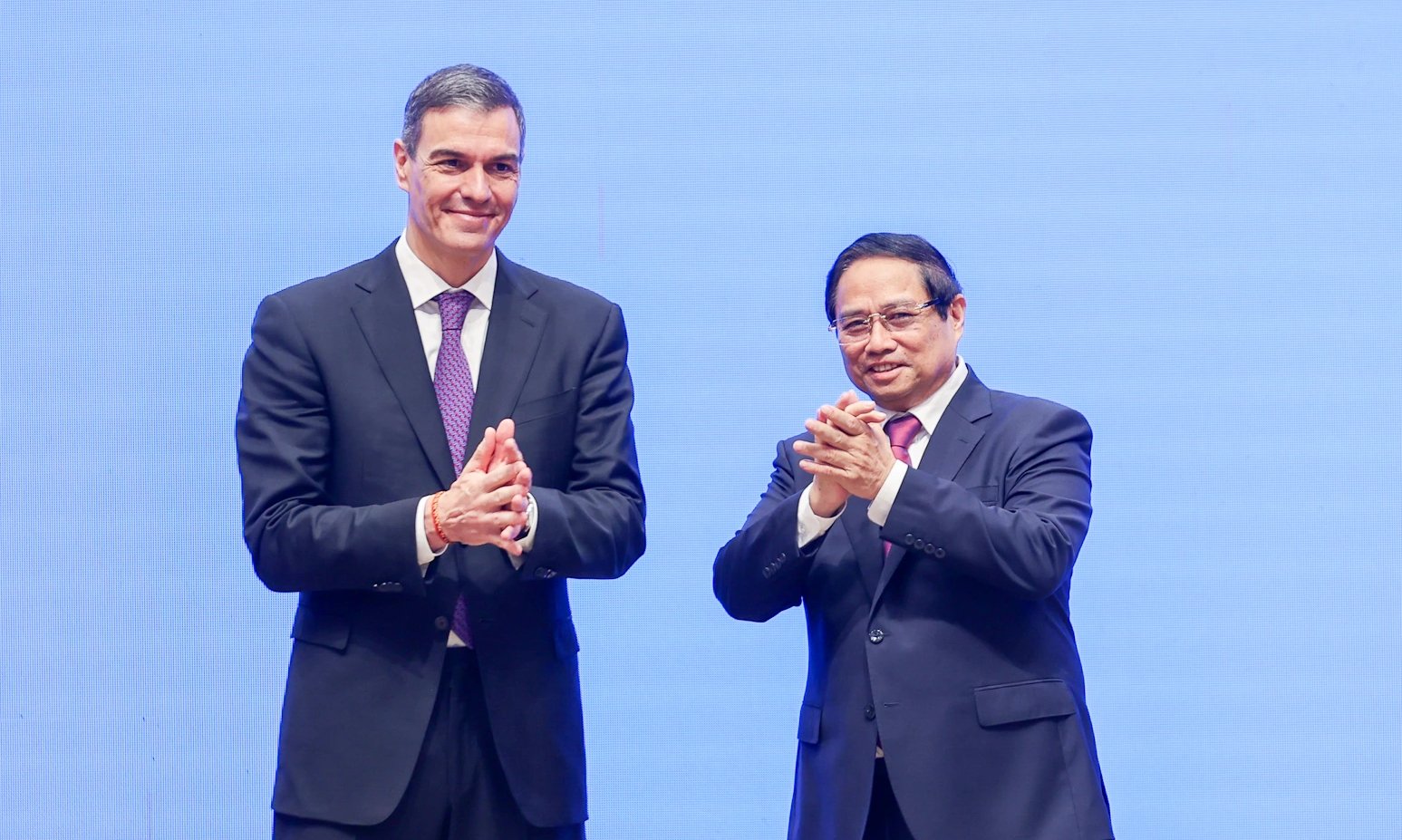
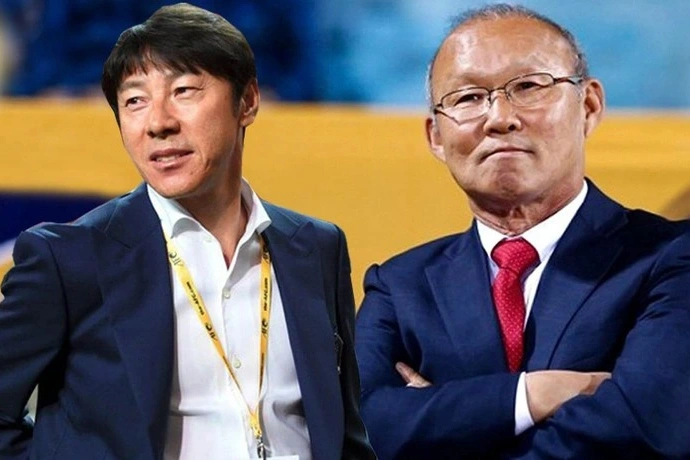


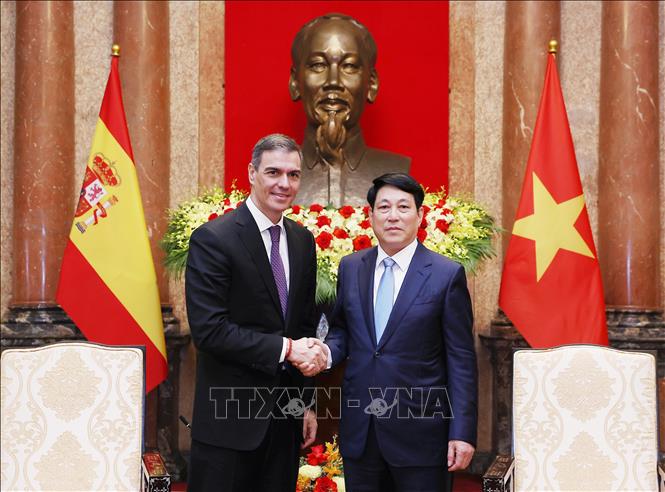












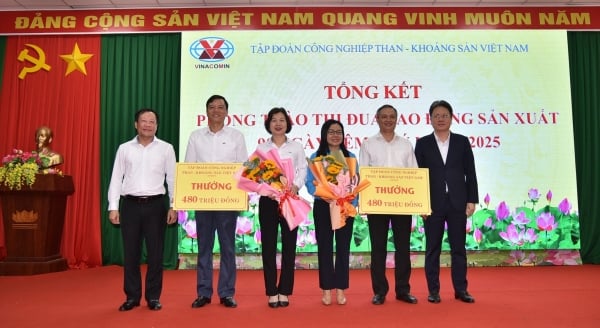
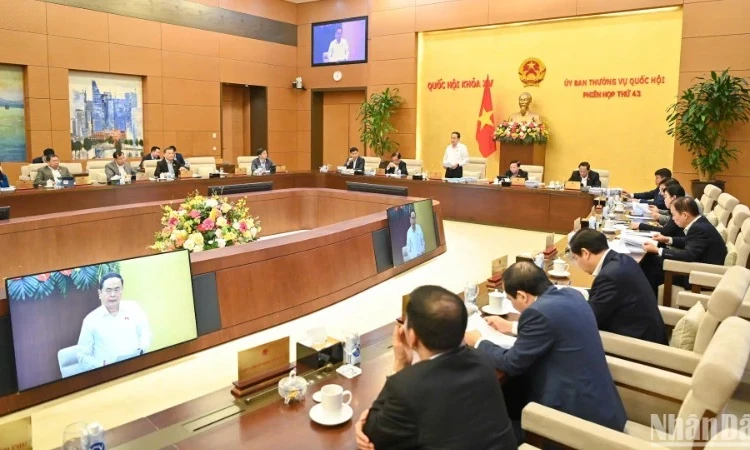









Comment (0)